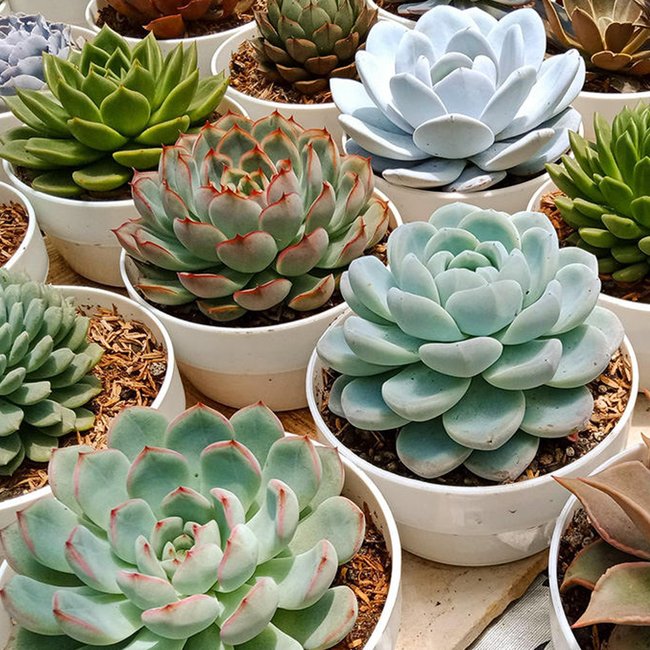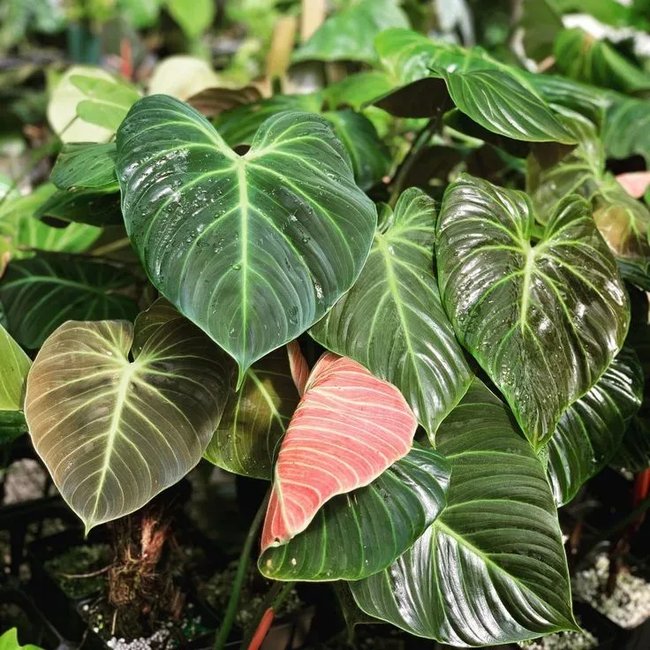Chinchillas
Chinchillas are small rodents native to the Andes Mountains of South America. They are closely related to guinea pigs, rabbits, and porcupines. Chinchillas have thick, soft fur and a bushy tail. They are popular as pets due to their playful and friendly nature.
Meta Information
Scientific Name
Chinchilla lanigera Average
Average Lifespan
Up to 20 years
Average Size
12-17 inches in length
Similar To
Guinea Pigs, Rabbits, Porcupines, Prairie Dogs
Lifecyle
Chinchillas reach sexual maturity at around 8 months. Females typically give birth to a litter of two to four babies after a 111-day gestation period. The babies are born fully furred and with their eyes open.
Diet
Chinchillas are herbivores. Their diet consists mainly of hay, fresh vegetables, and specially formulated pellets. They also enjoy occasional treats like nuts, seeds, and dried fruit.
Habitat
Chinchillas are native to the Andes Mountains of South America. They live in rocky, arid areas at high elevation. They prefer to live in dark, cool, and dry places.
-
What are chinchillas and where do they come from?
Chinchillas are small, furry rodents that are native to the Andes Mountains of South America. They were first discovered by the Incas, who used their soft fur for clothing and other items. Chinchillas were introduced to the United States in the early 1900s as pets and for their fur, and have since become a popular exotic pet.
-
What do chinchillas eat and how often do they need to be fed?
Chinchillas are herbivores and mainly eat hay, such as timothy hay, as well as pellets and fresh vegetables. They should be fed twice a day, with a small amount of food each time. It's important not to overfeed chinchillas, as they can become obese and develop health problems.
-
How long do chinchillas live and what kind of care do they require?
Chinchillas can live up to 15 years in captivity with proper care. They require a clean and spacious cage, regular exercise, and a dust bath to keep their fur clean and healthy. It's important to provide chinchillas with a balanced diet and fresh water, as well as regular veterinary check-ups to ensure they are healthy.
-
Can chinchillas be kept as pets and are they good with children?
Chinchillas can make great pets, but they require a certain level of care and attention. They are not recommended for young children, as they are delicate animals and can be easily injured if mishandled. Chinchillas are social animals and should be kept in pairs or small groups for companionship.
-
Do chinchillas shed and how do you groom them?
Chinchillas do shed, but their fur is so dense that it doesn't typically cause a mess in the home. They should be groomed regularly with a soft brush to remove any loose fur and prevent matting. Chinchillas also require a dust bath to keep their fur clean and healthy. A small container filled with chinchilla dust can be provided for them to roll around in.
-
Are chinchillas nocturnal animals?
Yes, chinchillas are primarily nocturnal animals, which means they are most active during the night. However, they can also be active during the day, especially if they are used to interacting with their owners or if they are kept in a well-lit environment.
-
Can chinchillas be litter trained?
Yes, chinchillas can be litter trained using a small litter pan filled with a special type of litter made for small animals. Place the litter pan in a corner of their cage where they tend to eliminate, and reward them with treats and praise when they use it properly. It's important to clean the litter pan regularly to prevent odors and keep your chinchilla's environment clean.
-
What health issues are common in chinchillas?
Common health issues in chinchillas include dental problems, respiratory infections, and gastrointestinal issues. To prevent these issues, it's important to provide a balanced diet, fresh water, and regular veterinary check-ups. Chinchillas should also be kept in a clean and well-ventilated environment to prevent respiratory problems.
-
Do chinchillas make noise?
Chinchillas are generally quiet animals, but they can make a variety of sounds to communicate with their owners or other chinchillas. They may make soft chirping or purring sounds when they are content or excited, and they may make louder squawking or barking sounds when they are scared or agitated.
-
Are chinchillas easy to care for?
Chinchillas require a certain level of care and attention, but they can be easy to care for with the right knowledge and preparation. They need a clean and spacious cage, regular exercise, and a balanced diet. They also require regular grooming and veterinary check-ups. With proper care, chinchillas can make great pets for those who are willing to put in the effort to keep them healthy and happy.
-
Can chinchillas be housed with other small animals?
Chinchillas should not be housed with other small animals, as they are territorial and may become aggressive towards other animals. They should only be housed with other chinchillas, and even then, it's important to introduce them gradually and monitor their behavior to ensure they get along.
-
What is the best way to handle a chinchilla?
Chinchillas should be handled gently and with care, as they are delicate animals that can be easily injured if mishandled. It's best to support their body with both hands and avoid pulling or squeezing them. Chinchillas may also become frightened or stressed if handled too much, so it's important to give them plenty of time to rest and relax in their cage.
-
Can chinchillas be trained to do tricks?
Chinchillas can be trained to do simple tricks, such as jumping through hoops or coming when called, using positive reinforcement techniques. Treats and praise can be used to reward good behavior and encourage learning. However, it's important to remember that chinchillas are not as trainable as dogs or other pets, and training should be done with patience and care.
-
Can chinchillas be kept outside?
Chinchillas are not well-suited to outdoor environments, as they are sensitive to temperature changes and can easily become stressed or ill in extreme weather conditions. They should be kept indoors in a clean and well-ventilated environment, away from drafts or direct sunlight.
-
Do chinchillas need toys or stimulation?
Yes, chinchillas need toys and stimulation to keep them active and engaged. They enjoy climbing and jumping, so providing platforms or shelves in their cage can be a good way to keep them entertained. Toys such as chew toys or puzzle feeders can also be used to keep them mentally stimulated. It's important to rotate their toys and provide new ones regularly to prevent boredom.
10 Fun Facts About
1. Chinchillas have the densest fur of any mammal, with up to 50 hairs growing from one follicle. 2. Chinchillas live in colonies of up to 100 individuals. 3. Chinchillas can jump up to 6 feet in the air. 4. Chinchillas can live up to 20 years in captivity. 5. Chinchillas are nocturnal animals. 6. Chinchillas have very sensitive hearing and can detect predators from far away. 7. Chinchillas can swim, but they don’t like to. 8. Chinchillas can grind their teeth, which is why they need to chew on things like hay and wood. 9. Chinchillas can run up to 15 miles per hour. 10. Chinchillas have a special ability to clean themselves with dust baths.
Pun
What did the Chinchilla say when it saw a cat? Fur real?
Out Thoughts About
🐁🤩🤩 We think Chinchillas are so cute and fluffy!








